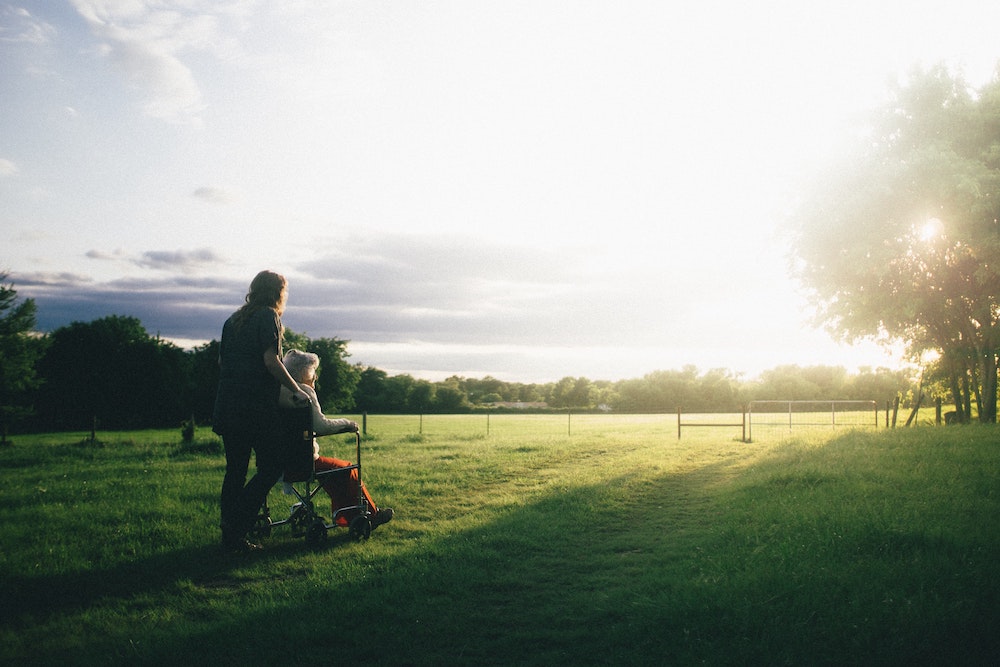Ed Warren is a retired GP and GP Trainer
Amar Rughani, with whom I shared a practice for a quarter of a century, writes movingly and perceptively° about his own transition from incredibly busy GP into retirement.1 A feature of getting older is that you have more opinions and are convinced that others want to hear them: I write in this spirit. In truth, I suspect I am not unusual, and trust that my thoughts will find some resonance in others. Whatever, writing it down has helped me come to terms with my own journey into dotage and oblivion.
The retirement process might be regarded as characterised by a re-invention of existing mental traits.
Changing priorities. It took me a lot of years to appreciate the importance of care continuity, teamworking, and the consultation-as-therapy. I knew about this stuff because it is in the textbooks, but it had not really sunk in. When I joined the practice, I wanted to be the ‘people’s doctor’, bringing evidence and enthusiasm to create a healthy community, and put my doddery predecessors to shame. That idea did not last very long. My predecessors were children of their times, but they were not fools (with only a few exceptions). I wonder if having more time to brood after I went part-time helped with this realisation. Or perhaps it is just when the clinical material becomes a bit routine that you start looking around for another focus for your attention.
History. When you have had time to learn about the patients who come to see you (the ones you deserve) then you get more insight into the way people tick and behave. This may explain the research data about how GP effectiveness improves with experience.2 A second historical aspect is watching practice developments unfold, not only because new solutions are constantly being sought (or imposed), but also because you remember the passion and emotional investment that advocates displayed, and also what happened to those initiatives. Since in broad terms the problems don’t change very much, then resentment can ensue — ‘Don’t you think we considered that years ago?’
There is also a cognitive barrier where you can start thinking that a desire for change implies that what you have done in the past was sub-standard and culpable.
Legacy. Which of us does not wish to look back on a life well spent? We want to be recalled as clever and talented, and to be remembered fondly by those we have met and interacted with. But when you leave an intensive job, the work rapidly moves on. You were once relevant, but you are not anymore, and that hurts.
I don’t think for a moment that those of us who have recently retired are unusual. Each generation of GPs thinks in the beginning that they are going to change the world. By the end they are equally convinced that their treasured occupation is going to wrack and ruin, and they are probably right. But there are ageing mental processes also going on that make this perception more pertinent. However wonderful general practice becomes — and I am not holding my breath — anyone leaving the GP trade will have similar feelings. The job moves on, and so do we.
References
1. Rughani A. Moving on. BJGP. doi:10.3399/bjgp20X710561
2. Advanced Consulting in Family Medicine. Ed: Worrall P, French A & Ashton L. Oxford:Radcliffe 2009.
3. Shaffer J. Neuroplasticity and Clinical Practice: Building Brain Power for Health. Frontiers in Psychology. doi: 10.3389/fpsyg.2016.01118 [Accessed 16.7.20]
Featured photo by James Hose Jr on Unsplash








